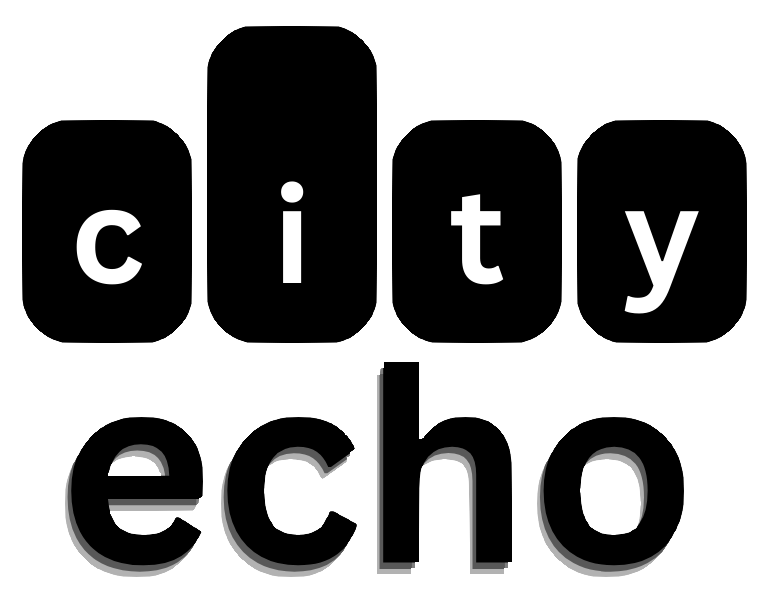Reducing our carbon footprint doesn’t have to be all about sacrificing comfort or making dramatic lifestyle changes. In fact, many of the most effective steps towards a more sustainable future are not just beneficial for the planet but are also rewarding, fun, and capable of bringing people together. Let’s explore a few impactful ways you can cut down your carbon emissions while fostering community spirit and connection.
1. Install Air Source Heat Pumps to Reduce Carbon Foot Print
When thinking about cutting down on emissions, heating is a great place to start. Traditional heating methods, such as gas boilers, produce a lot of carbon emissions. One alternative gaining popularity is the air source heat pump. Air source heat pumps are energy-efficient systems that transfer heat from the outside air to provide heating and hot water for your home. They use renewable energy from the air, significantly reducing the need for fossil fuels and, ultimately, your carbon footprint.
nstalling an air source heat pump isn’t just about helping the environment; it also strengthens local infrastructure, making it less vulnerable to global disruptions. The soaring winter bills after Russia’s invasion of Ukraine, which forced the UK back to burning coal to control costs, highlighted our urgent need for sustainable, local energy solutions. Air source heat pumps are a way to build community resilience, empowering us to take control of our energy future. With local independence, we’re also better positioned to support global efforts and act more altruistically.
2. Community Gardening to Reduce Carbon Foot Print
Another effective way to reduce your carbon footprint is by participating in community gardening. Growing food locally helps reduce the carbon emissions associated with transporting produce from distant farms to supermarkets. Plus, community gardens often use organic methods that avoid the harmful effects of chemical fertilisers and pesticides, thereby protecting local ecosystems.
Community gardening isn’t just great for the environment; it’s also a fantastic opportunity for people to gather, share experiences, and form deeper connections. Whether it’s swapping gardening tips, enjoying the fruits of your labour together, or simply spending time outdoors in good company, community gardening boosts engagement and strengthens social bonds. The garden becomes more than just a green space—it turns into a hub for connection, learning, and mutual support.
Gardening events can also involve kids and families, making it a joyful, intergenerational activity that everyone can enjoy. Imagine a weekend morning spent digging, planting, and watering with neighbours while watching the children play in the soil—it’s a natural, fun way to build community ties.
3. Fun Activities That Reduce Carbon Foot Print

Reducing your carbon footprint can also mean embracing activities that offer an alternative to high-emission entertainment. Many of us drive to shops, go to the cinema, or spend energy-consuming weekends indoors, but there are so many low-impact activities that can be just as enjoyable.
- Local Walking and Cycling Groups: Forming or joining a local walking or cycling group is a great way to cut down on car journeys, all while getting some exercise. Group hikes or bike rides provide an opportunity to explore local landscapes, share stories, and keep fit together. These activities reduce vehicle emissions and encourage a healthier lifestyle.
- Community Swaps and Repair Cafes: Ever considered how much carbon is emitted through mass consumerism and new purchases? Hosting or joining community swaps (where you exchange clothes, books, or even tools) or repair cafes (where people help fix each other’s broken items) not only reduces waste but also fosters a sense of shared purpose and collaboration. It’s much more fun to exchange a coat with a story or have a neighbour help you repair your toaster than to head to the shops for something new.
- Eco-Friendly Events: Organise eco-friendly events like a zero-waste picnic, a street clean-up, or even a clothing upcycling workshop. These activities help to reduce waste, educate others, and make sustainability a fun and inclusive experience. Inviting neighbours to partake creates a positive group dynamic and shows that working towards sustainability doesn’t have to be solitary or overly serious.
How These Actions Boost Community Engagement
One of the great advantages of reducing your carbon footprint through community-focused activities is that it strengthens social bonds. Tackling sustainability as a group helps to create a shared mission and a sense of belonging. People are more likely to stay committed to environmentally friendly habits when they feel supported and see others doing the same.
Community gardening, for instance, transforms vacant urban lots into vibrant green spaces where people come to work, laugh, and connect. Repair cafes not only save items from landfills but also foster skills-sharing and trust among neighbours. Walking and cycling groups encourage people to explore their environment, talk to each other, and create lasting friendships.
The idea is simple: when you make sustainable living communal, it becomes enjoyable and meaningful. Suddenly, what might have seemed like a daunting individual challenge becomes an accessible, shared goal, and every little action—whether it’s installing an air source heat pump or hosting a clothes swap—becomes a step towards a healthier, more connected community and planet.
Reducing your carbon footprint doesn’t have to be about sacrifice

It can be about finding new ways to enjoy life, build relationships, and improve your environment. By adopting air source heat pumps, engaging in community gardening, and exploring fun, eco-friendly activities, you can make a significant impact on your own emissions while encouraging those around you to do the same. And along the way, you’ll be building a sense of togetherness and resilience that is just as valuable as the environmental benefits.
So, why not take the first step this weekend? Join a gardening project, start a walking group, or chat with a neighbour about the benefits of renewable energy. Together, we can make a difference—one small action at a time.












